
In Argentina soybean means disease
In Avia Terai, a village situated in the Argentinian province of Chaco surrounded with transgenic crops, soybean means diseases.



In Avia Terai, a village situated in the Argentinian province of Chaco surrounded with transgenic crops, soybean means diseases.
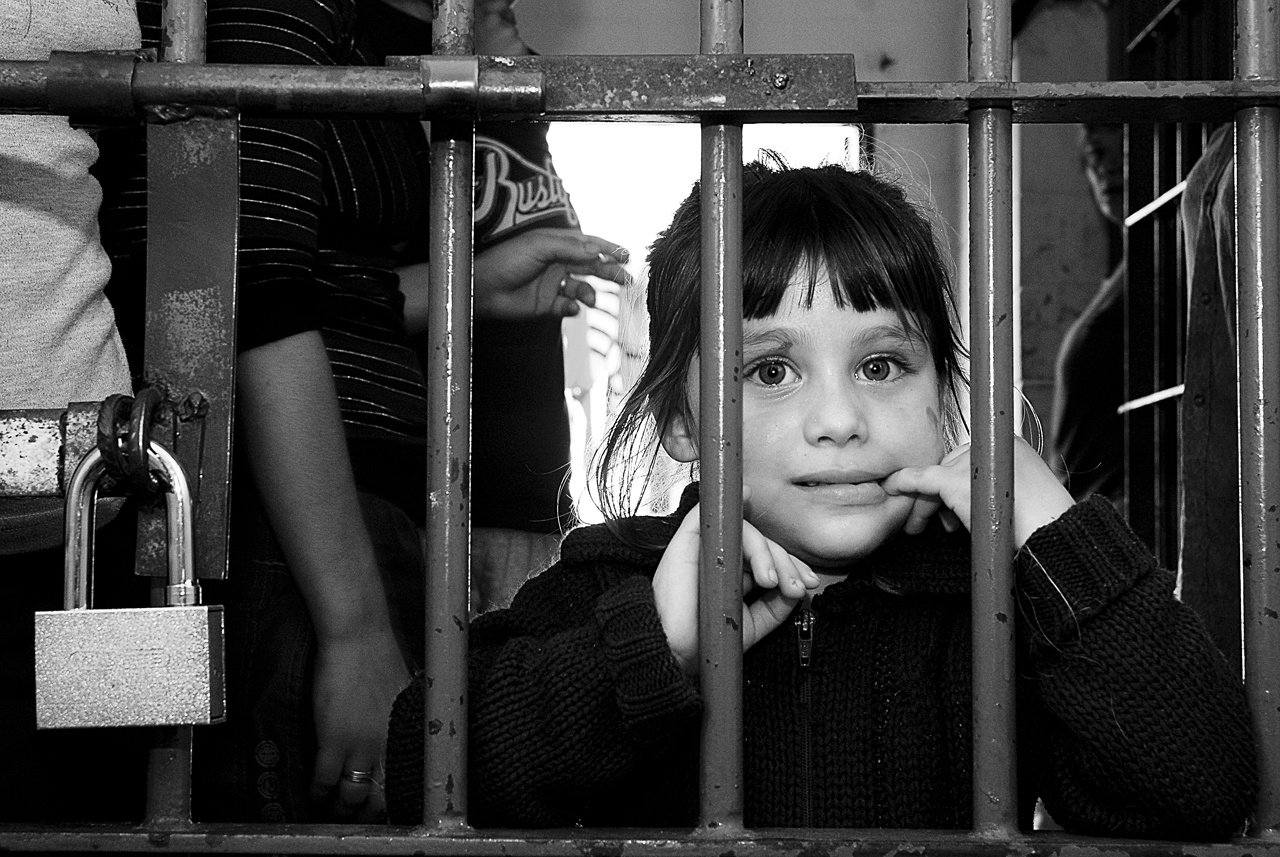
Near Buenos Aires, in Argentina, the Unit 33 penitentiary in La Plata welcomes women sentenced to long periods of detention. Most of them arrive with their children. In that jail, 78 mothers live with 84 children. Many of these mothers are waiting for another baby. Behind jail bars, resound laughter and tears of these little prisoners.
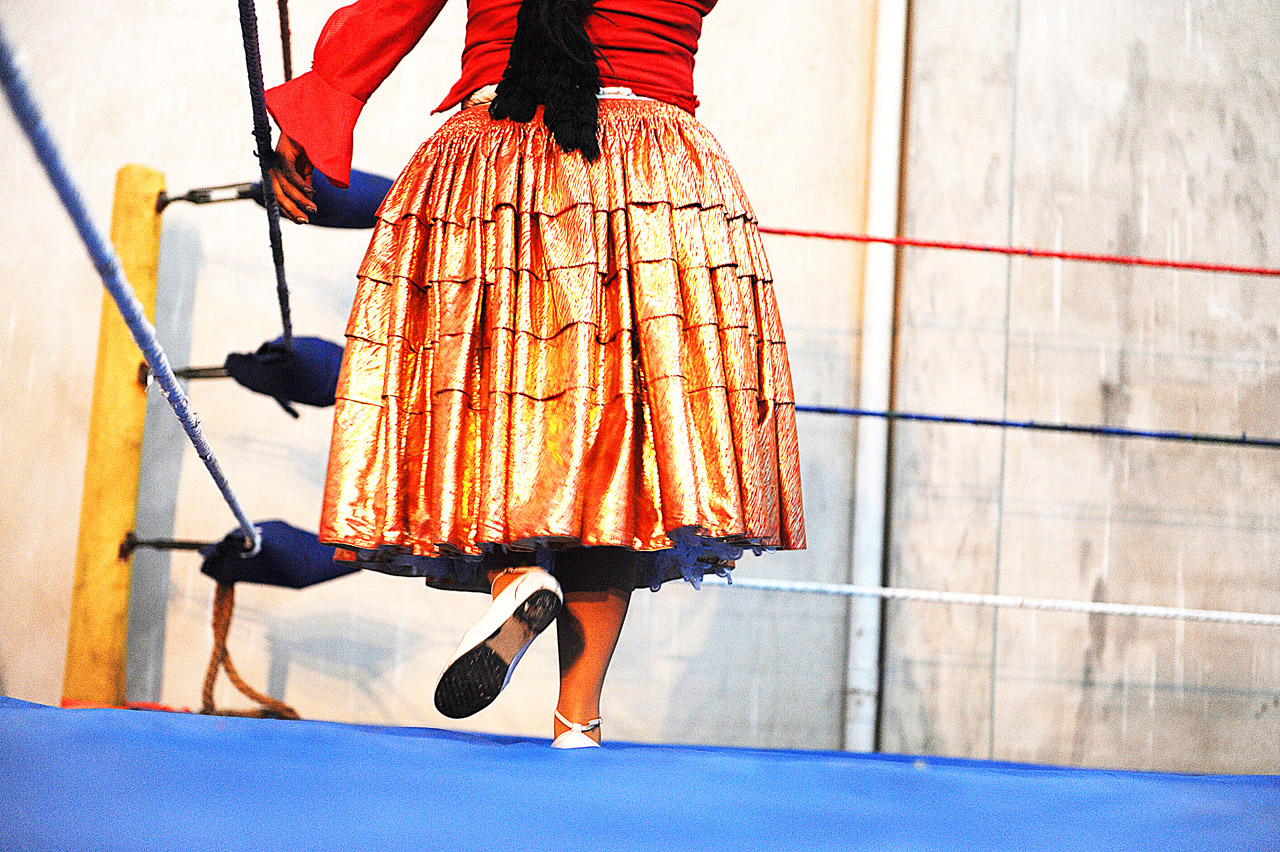
Every Sunday, the Bolivian city of El Alto becomes a center of entertainment for locals and tourists. On a simple ring fight women wrestlers wearing the traditional Bolivian dress. The precariousness of these women, ethnic and sexist discriminations they face drive them to step into the ring to survive. Punches, exhibition, tourism and money are the main assets of a unique event that creates passion and controversy in Bolivian society.
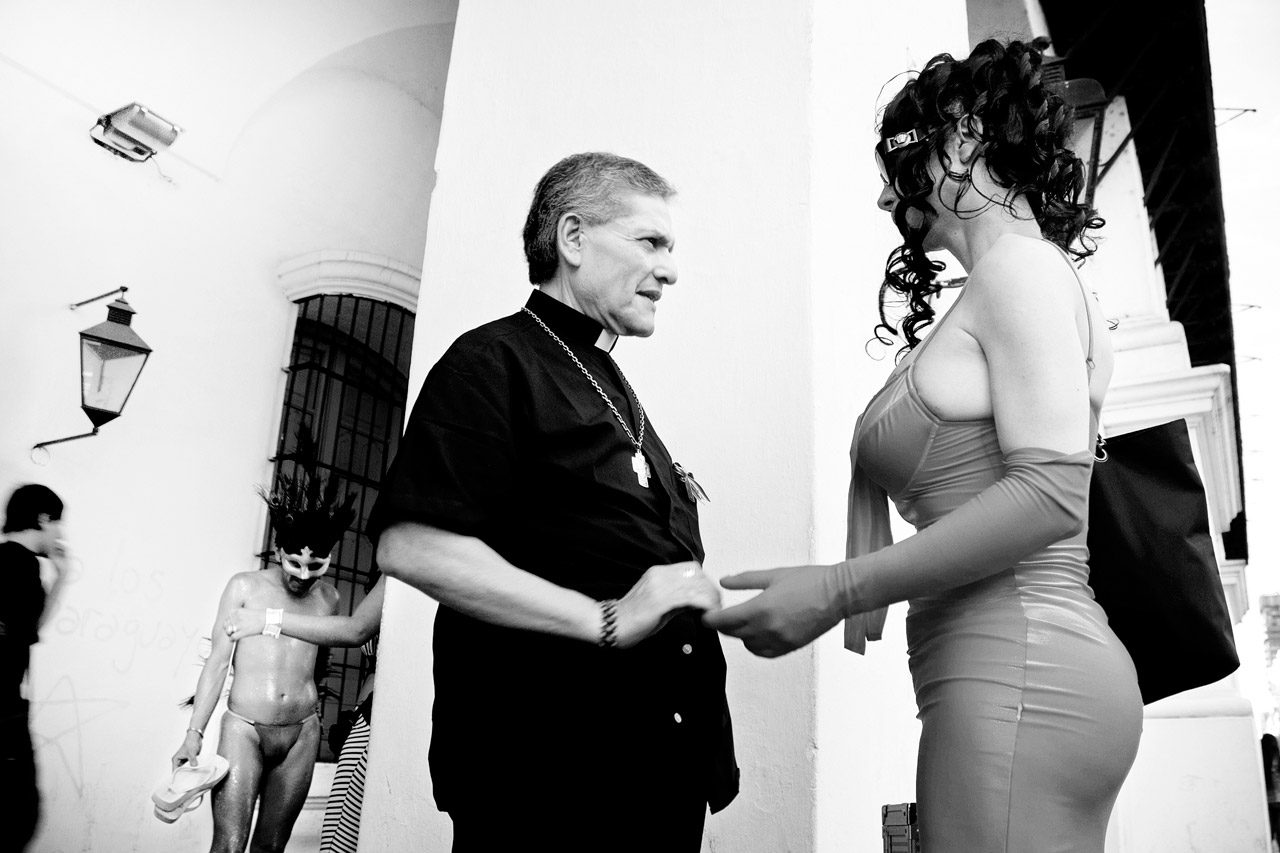
While he was studying theology, Roberto González was told by his principal: “I’ve heard that you are gay! Sorry but you will never become a pastor! But Roberto didn’t loose his faith in God and, in 1998, he created a church for LGBT community in his humble department in Buenos Aires’ heart. Each Sunday, with Norberto, the man of his life, he gives mass for those who are not allowed to get to traditional church, and he never forgets to start it with his favorite saying: « God gives you wings and religion locks you in cages ».
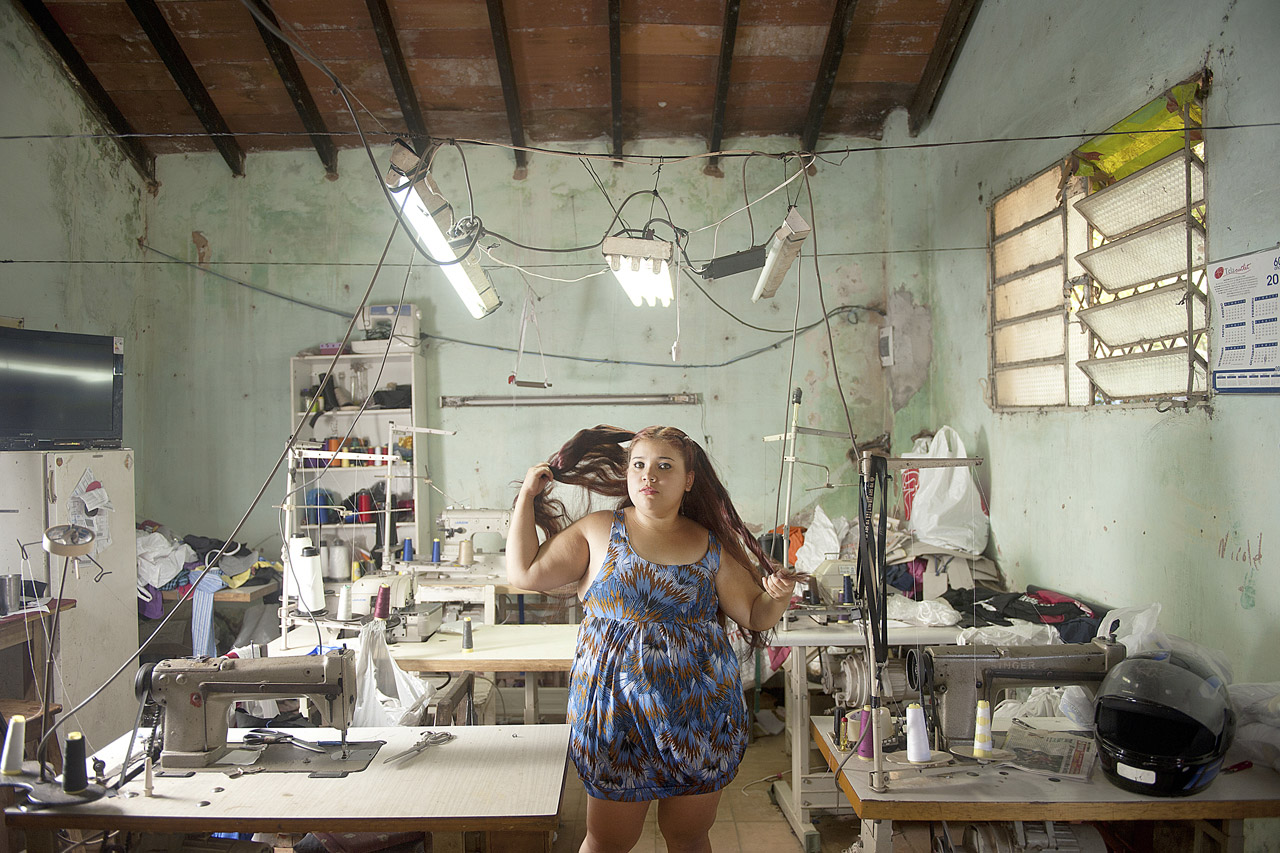
In Paraguay fat girls are stars. Loved by thousand of admirers, in a country where obesity reaches 64% of population, las Miss Gorditas (Misses Fat in English) spark off controversy. A small and amateur Plus Size agency created in 2012, by the Brazilian Mike Beras, which goes against tyranny of thinness.
These misses coming from humble Asuncion’s districts want to change mentality and the 90-60-90 standard. But this is not as easy as it sounds. Many of them still live depressed because they have to face insults, bad jokes, and unemployment in a country that is the only one in South America in not having laws against discrimination.

Natty Petrosino also called “The Argentinian Mother Teresa” devotes her whole life to poor people for the endless love she feels for God.
Former model and actress, she discovered, the true meaning of her existence in an experiment after death. Forsaking her princess life, she decided to help Wichis (indigenous people of South America) in a region of northern Argentina known for being as poor as Africa. Natty Petrosino was elected in 2006 “Woman of the Year” in Italy and was nominated for the Nobel Peace Prize in 2009.
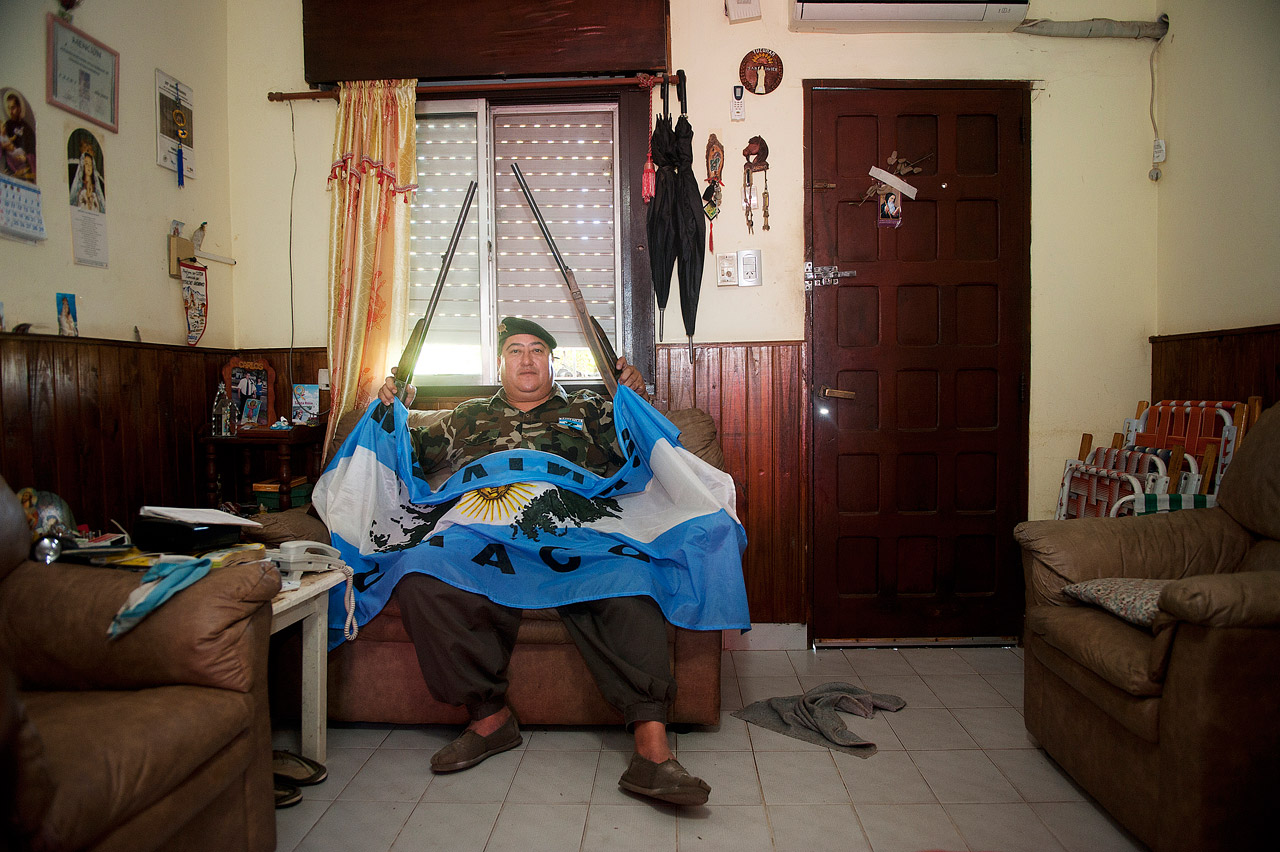
Agustin Ayala was 18 years old when he went to the Malvinas War in 1982. A group of islands situated in South Atlantic 438 miles away from Argentina. Colonized in 1833 by England, Argentina tried to get the islands back during the last period of its dictatorship.
When Agustin went back to Resistencia city in the Argentine province of Chaco he suffered of strong depression. One day while he was working as a police officer a colleague insulted him of “ crazy war veteran”. Agustin snapped and hit him. He lost his job and never got a new one. Today, he turned 51 years old and wears everyday his war uniform. Agustin can’t sleep in peace.
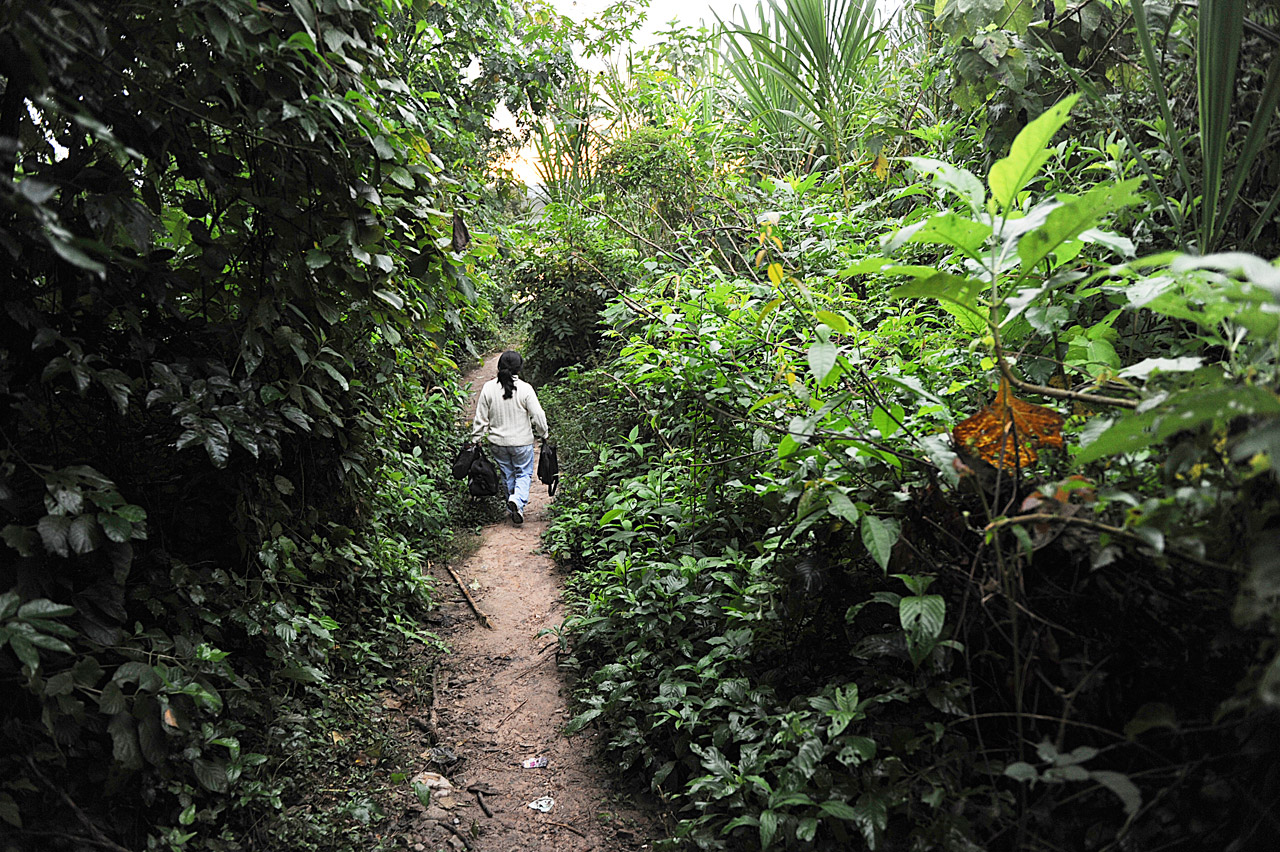
After a journey of six hours: by boat, on horseback, by bus, the teacher Nélida Flores has to cross the Bolivian border and the jungle to reach the school in the Argentinian side of Salta province. A school lost in the jungle made of mud, wood and sheet metal, where children study and live in the most precarious conditions.
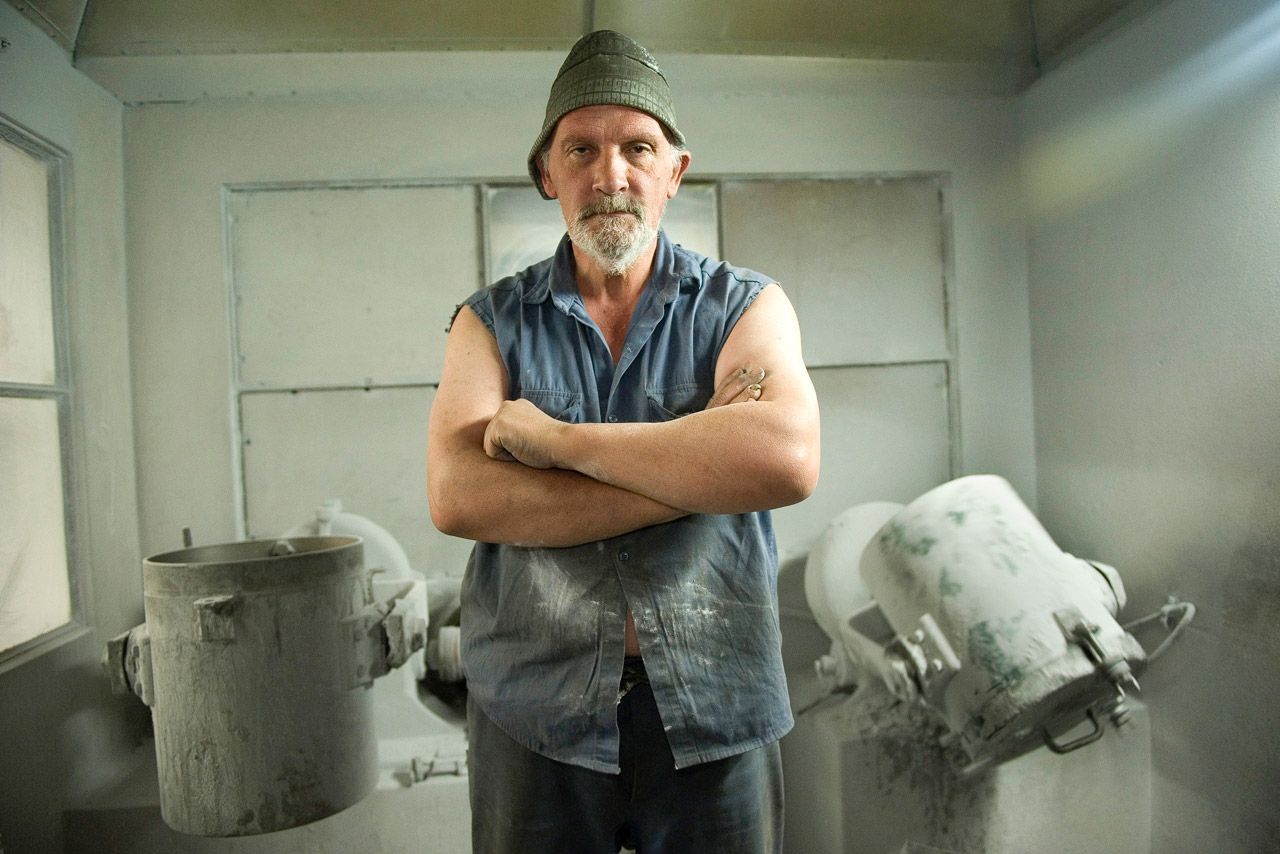
Argentina is well known for its sensual Tango dancers, its famous soccer players and for its tasty meats. But since the 90’s Argentina also excels in recovering companies. More than 10 000 persons in Argentina work without bosses between legality and illegality. A phenomenon spread in the world after the 2008 financial crisis.
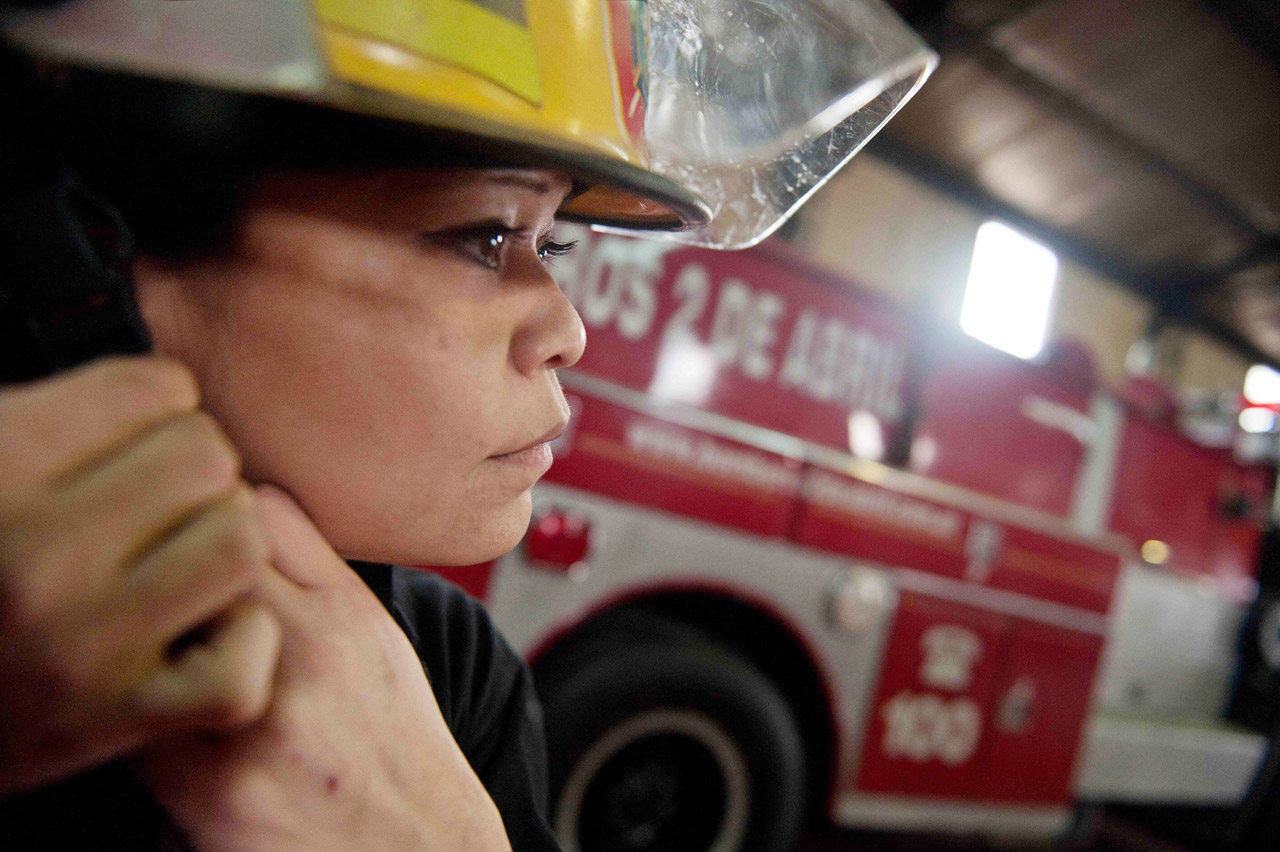
Ester and Natalia Ortiz are sisters. They live in Ushuaia in the world’s end. 11 years ago their life totally changed when a kid was hit by a car. The sisters heard the yelling and they immediately went out to rescue him. Unfortunately, the child passed away before the ambulance arrived. On that day they decided to leave everything to become women firefighters. Everyday the Ortiz sisters have to prove to their masculine colleagues that a woman can be firefighter, despite of danger and machos jokes.
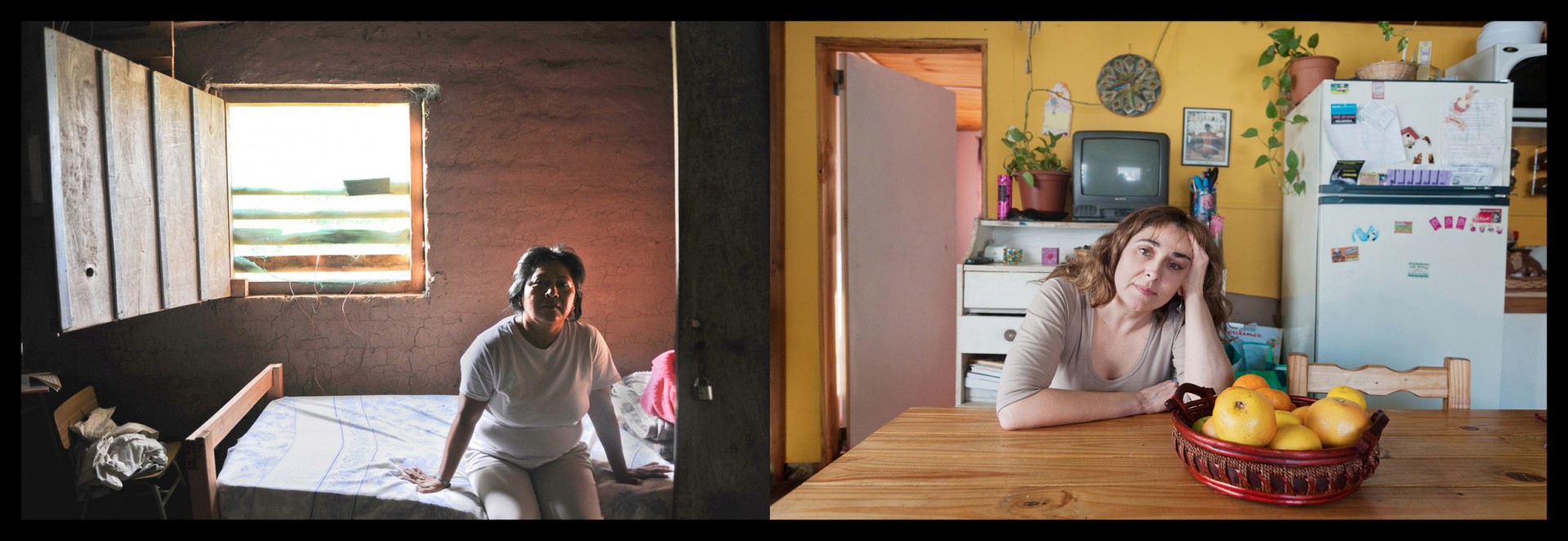
Both of them are teachers. Nélida Flores teaches in the North of Argentina, close to the Bolivian border, and Marcela Zas in the world’s end. Thousand of miles separate them and also the economic situations of the provinces where they live in (Salta and Tierra del Fuego). But whatever the cost both of them have the same mission of educating children.